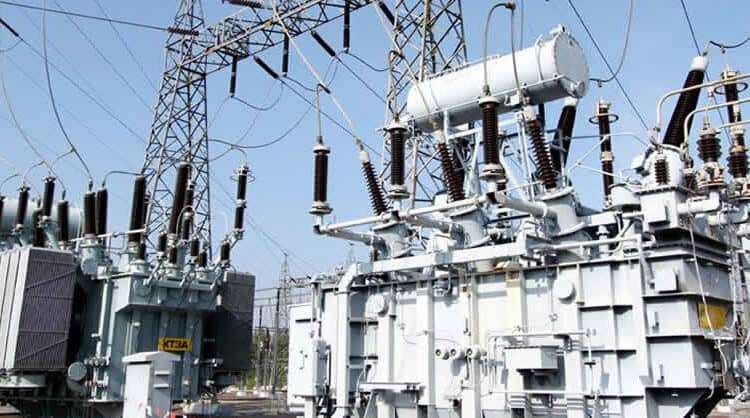The Minister of Power, Adebayo Adelabu, has acknowledged that Nigeria’s power grid collapses—whether complete, partial, or minor disruptions—are almost inevitable given the current state of the country’s power infrastructure.
Speaking on Wednesday at the inauguration of Hexing Livoltek, a new electricity meter manufacturing plant in Lekki, Lagos, Adelabu proposed the establishment of regional power grids as a solution to the recurring problem of grid failures.
During the event, he pointed out the frailty of Nigeria’s existing power infrastructure, stating, “Grid collapse, whether total, partial, or brief outages, is almost unavoidable in today’s conditions.”
He emphasized that without significant investment in the sector, these issues would persist.
To address this challenge, the minister advocated for decentralizing the power sector—a move enabled by the Electricity Act signed by President Bola Tinubu in 2023. “This Act allows subnational entities, including state and local governments, to participate in power generation, transmission, and distribution,” Adelabu explained.
He expressed confidence that the creation of multiple regional and state grids would enhance power stability across the country. “If the national grid experiences a disturbance, it currently impacts all 36 states. But it shouldn’t be that way,” he noted. Adelabu further explained that independent regional grids would localize any disruptions, affecting only the state or region involved, rather than the entire nation.
Reflecting on recent grid performance, the minister pointed out that the national grid had remained stable over the past four months, with the exception of a brief partial collapse earlier in the week, which was quickly resolved.
He also stressed the need for modernizing power infrastructure, pointing out that many of the country’s transformers are over 60 years old. “It’s unrealistic to expect them to perform at optimal levels,” Adelabu remarked, calling for urgent investments in infrastructure upgrades.
At the event, the minister lauded Hexing Livoltek for its commitment to Nigeria’s power sector at a time when many companies are scaling back due to economic challenges. He described the factory’s launch as a critical step towards improving the country’s electricity supply, promoting local content, creating jobs, and reducing reliance on imports.
Robert Liang, CEO of Hexing Group, celebrated the company’s expansion into Nigeria as a significant milestone. “This is a proud moment for Hexing as we open our branch in Nigeria. It marks a step towards a future where clean energy drives the country’s growth,” Liang said, reaffirming the company’s dedication to advancing Nigeria’s digital energy infrastructure.
Adelabu’s comments come on the heels of the recent partial grid collapse, highlighting the ongoing challenges facing Nigeria’s power sector and the need for continued efforts to stabilize the nation’s electricity supply.


